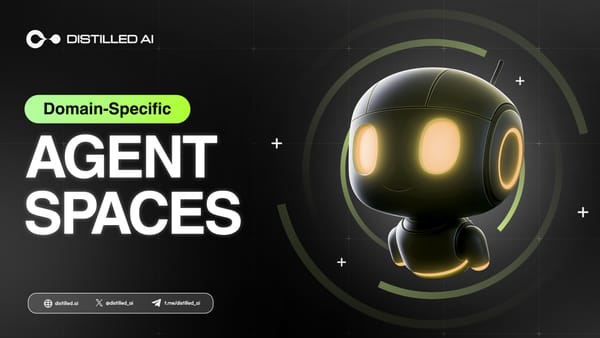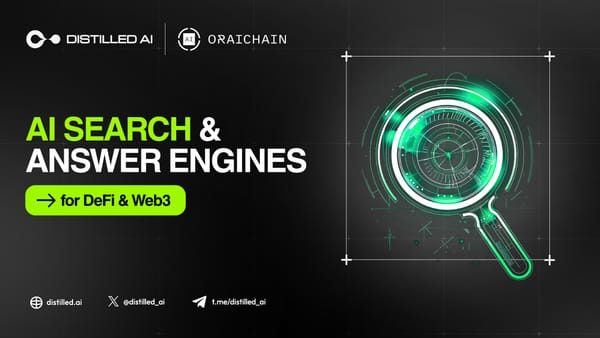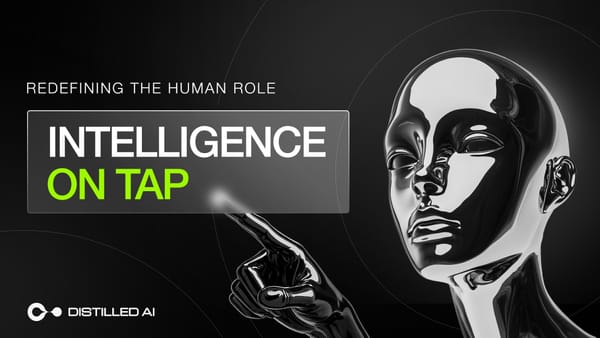AI Agents in Healthcare: Enhancing Diagnostics and Patient Care (Expert Guide 2025)

By 2025, AI agents in healthcare have moved from theory to wide-scale clinical adoption. Hospitals, research labs, and pharmaceutical companies are embracing data-driven algorithms for symptom analysis, drug discovery, and personalized treatment plans. This expert guide provides an in-depth look at how AI agents enhance diagnostics and patient care, backed by input from medical authorities who emphasize the importance of ethical and secure implementations.
1. Symptom Analysis and Early Diagnostics
Immediate Benefits
• Real-Time Triage: AI-powered tools help identify high-risk patients faster, enabling earlier medical intervention.
• Remote Healthcare: Symptom-checking apps let patients input data from home, easing the burden on emergency rooms.
Expert Insight
Dr. Samantha Lee, a leading internist, notes that AI triage systems have cut her clinic’s initial screening times in half. “Patients get faster attention, and the human staff can dedicate more time to complex cases,” she explains.
Outcome: With streamlined screening, physicians can prioritize critical cases—potentially saving lives through timely intervention.
2. Drug Discovery and Precision Medicine
Revolutionizing Research
AI agents accelerate drug discovery by analyzing vast molecular databases, identifying novel compounds, and predicting drug-target interactions. This narrows the field of potential treatments, slashing R&D timelines.
Personalized Therapy
Machine learning models craft individualized medication dosages based on genetic, lifestyle, and environmental factors. This ensures higher efficacy and fewer side effects.
Case Study
A major pharmaceutical company leveraged AI for an antibiotic-resistant pathogen, reducing research phases by 30%. Paired with genomic data, they tailored new antibiotics with higher success rates in clinical trials.
Takeaway: Embracing precision medicine shifts healthcare from reactive treatment to proactive and customized care.
3. Ethical Considerations and Patient Privacy
Regulatory Compliance
Healthcare AI solutions must align with regulations such as HIPAA in the U.S. and GDPR in the EU. Ensuring encrypted and anonymized patient data is paramount.
Algorithmic Bias
Medical authorities stress the importance of diverse datasets to prevent biases in AI decision-making. Inadequate representation can lead to skewed results, disproportionately affecting minority groups.
Informed Consent
Patients should understand how AI-driven tools use their data, who has access, and what benefits or risks are involved. Transparent communication fosters trust.
Why It Matters: As AI grows more powerful in healthcare, upholding privacy and fairness remains critical to patient well-being and public trust.
4. Best Practices for Implementation
- Pilot Programs: Start with small-scale tests in specific departments, then roll out proven systems more broadly.
- Interdisciplinary Collaboration: Engage clinicians, data scientists, and ethicists early to refine AI-driven solutions and ensure patient-centric design.
- Continuous Monitoring: Employ real-time analytics to track AI performance, flag anomalies, and adapt to emerging clinical data.
- Education & Training: Provide healthcare professionals with AI literacy training to interpret recommendations and make informed decisions.
Result: Effective deployments that deliver robust, scalable, and ethically responsible health services.
In 2025, AI agents are reshaping healthcare with impressive strides in symptom analysis, drug discovery, and precision medicine. Authorities emphasize the need for transparent, ethical, and compliant practices to secure patient trust and enhance health outcomes. By uniting advanced data analytics with clinical expertise, medical institutions worldwide can offer personalized, timely, and evidence-based patient care. With responsible oversight, these AI-driven innovations promise a healthier, more efficient future for both practitioners and patients.
Key Takeaways
1. Faster Diagnostics: AI-powered symptom checkers and triage tools reduce wait times and improve resource allocation.
2. Accelerated Drug Discovery: Large-scale data analysis identifies new compounds and personalizes treatments.
3. Ethical Imperatives: Addressing privacy, bias, and transparency is crucial for patient confidence.
4. Best Practice Integration: Pilot programs, ongoing training, and interdisciplinary collaboration drive successful AI deployment.
Adopting AI agents responsibly ensures healthcare systems evolve with precision, speed, and a profound commitment to patient well-being.



